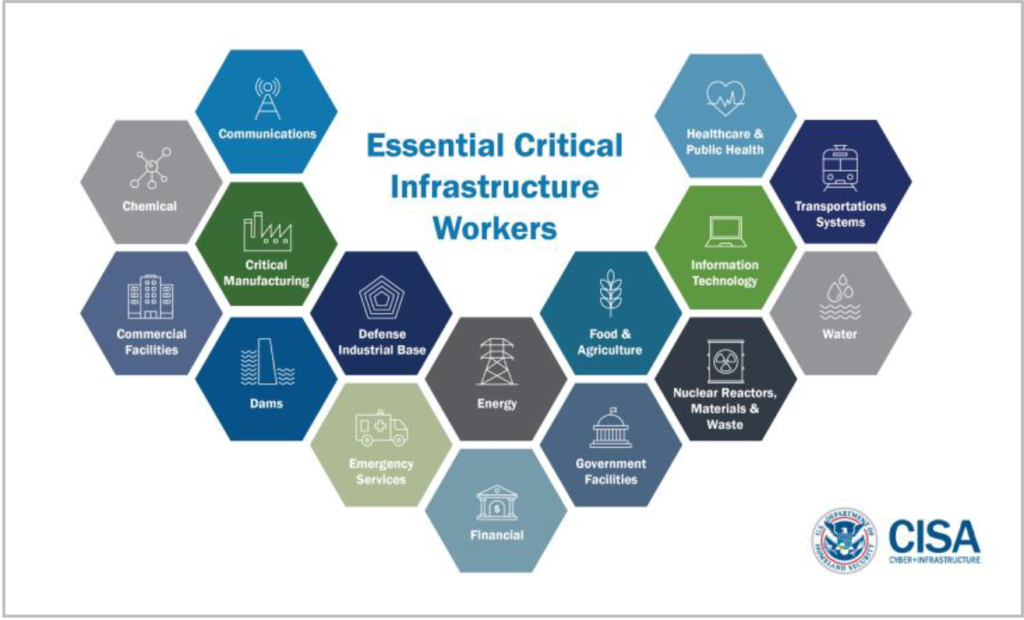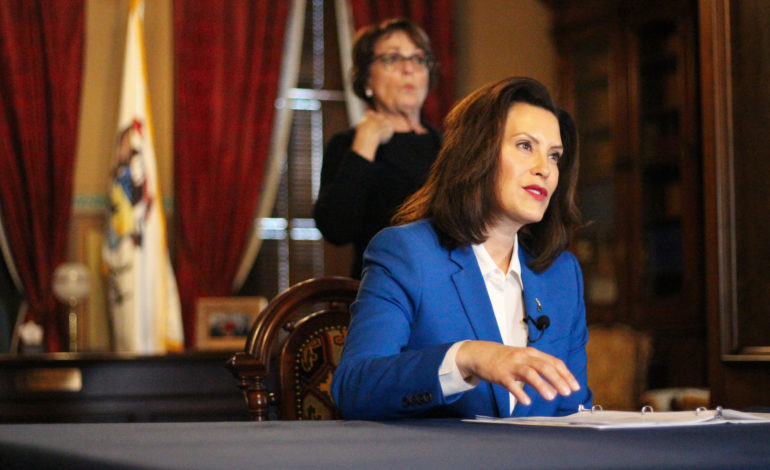LANSING — On Monday, Governor Whitmer addressed the state to elaborate on her government’s response to the COVID-19 outbreak. Though she emphasized the serious nature of the pandemic, her latest “Stay Home, Stay Safe” executive order seems to be an extension of the state’s response from last week. This is in no way a complete, military or police-enforced shut-down of the entire state.
Businesses deemed essential, like grocery and convenience stores, pharmacies and carry-out restaurants, will remain operational. People will be able to go outside, tend to family members and friends who need help, even go on hikes and walks. Whitmer asked residents to use extreme caution and practice distancing while conducting these activities and, of course, stay inside and self-isolate as much as they can.
What Monday’s conference did make clear was that all non-essential business will likely not remain open and those business owners who decide to “play fast and loose” with state guidelines may be looking at fines. Whitmer did not give details on what these fines will amount to. The further closure of non-essential business means tough times for the state’s economy going forward.
In just 13 days, the state has gone from zero to 1,232 confirmed cases. Hospitals and state health officials warn of shortages of critical care equipment like beds, given that the virus will continue to spread given its current trajectory. Some experts anticipate more than 70 percent of the state could be infected under these conditions, leaving hospitals to make difficult choices around who gets critical care. Whitmer’s new order looks to contain the spread by restricting activities to bare essentials.
The new order narrows the definition of what operations are deemed essential to those that “sustain and protect life” or to conduct minimum basic operations. But businesses will themselves designate the workers who meet those criteria, and must adopt social distancing practices and other mitigation measures to protect workers and patrons in the performance of that necessary in-person work. Banks, credit unions and gas stations will all remain open.
“Your grocery stores will be open,” Whitmer said in her live address from Lansing. “I have checked on our whole supply chain for food and it will be accessible to people; do not panic, do not hoard, these services will remain open.”
The executive order mostly follows federal recommendations for workplaces that fall under the definition of “critical infrastructure industry” as laid out by the U.S. Department of Homeland Security’s Cybersecurity & Infrastructure Security Agency (CISA). This list is created to advise and support local governments, and is subject to change over time. States are allowed to use their own discretion when deciding which industries should remain operational.

The federal government deems these industries to be essential and critical during the outbreak. This list is advisory in nature and not a federal directive or standard in and of itself.
The state’s website has more information at michigan.gov/coronavirus, where residents can find a list of businesses deemed non-essential (from an earlier executive order), which includes hookah and cigar bars, libraries, movie theaters (including drive-ins) and gyms.
Readers are encouraged to take a look at the full executive order themselves:
https://www.michigan.gov/whitmer/0,9309,7-387-90499_90705-522626–,00.html
More sobering numbers
Whitmer was once again joined by Michigan Department of Health and Human Services Chief Deputy for Health and Chief Medical Executive Dr. Joneigh Khaldun, who gave more sobering updates on the outbreak in the state.
“As of this morning, we (know) of 15 deaths,” Khaldun said. “The cases are spread out across dozens of counties across the state, including the Upper Peninsula; (the virus) is affecting people across all ages, from the very young to those over the age of 80.”
She reiterated earlier information on the state’s health department’s expanded response to the outbreak, including an increase in the state’s capacity to perform tests, strengthening of private-public labs and reporting partnerships so that data is shared and accurately tracked across the state.






Leave a Reply